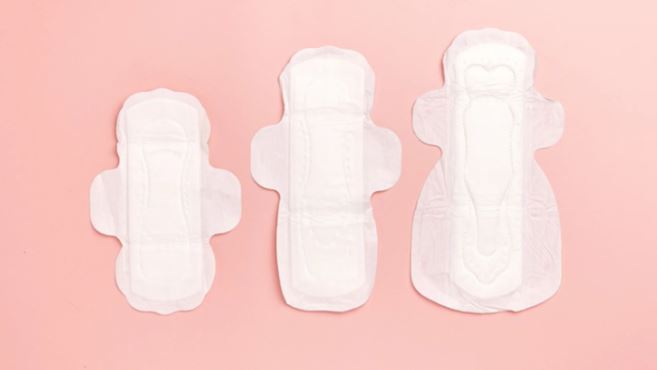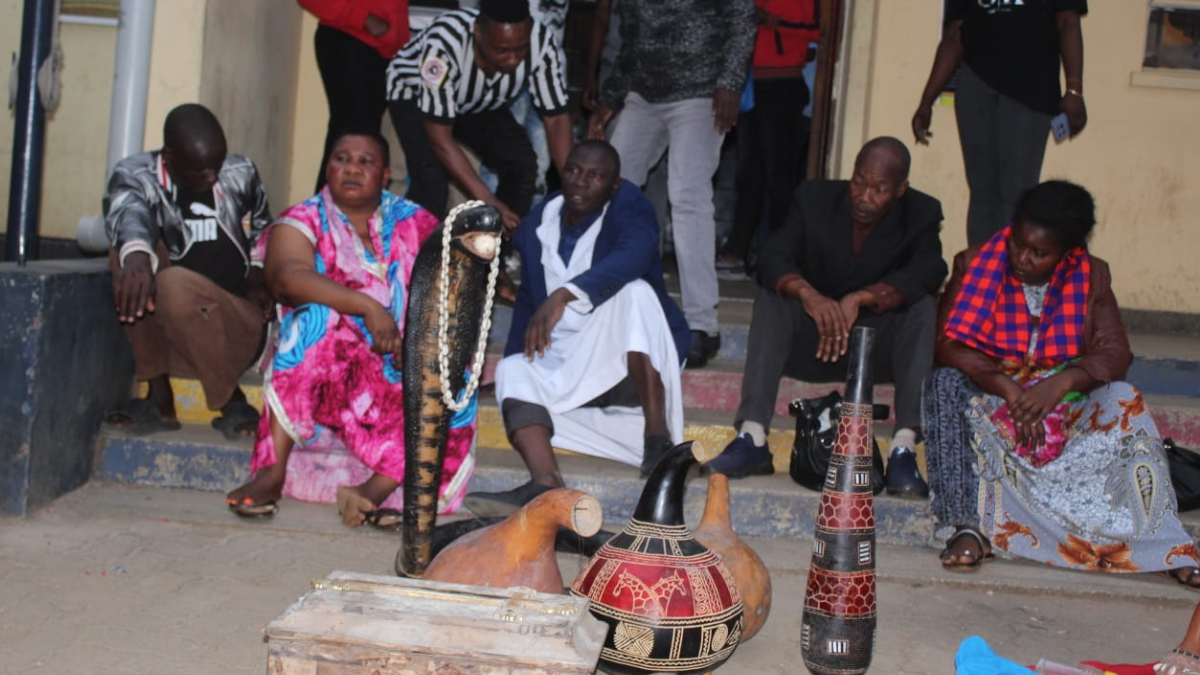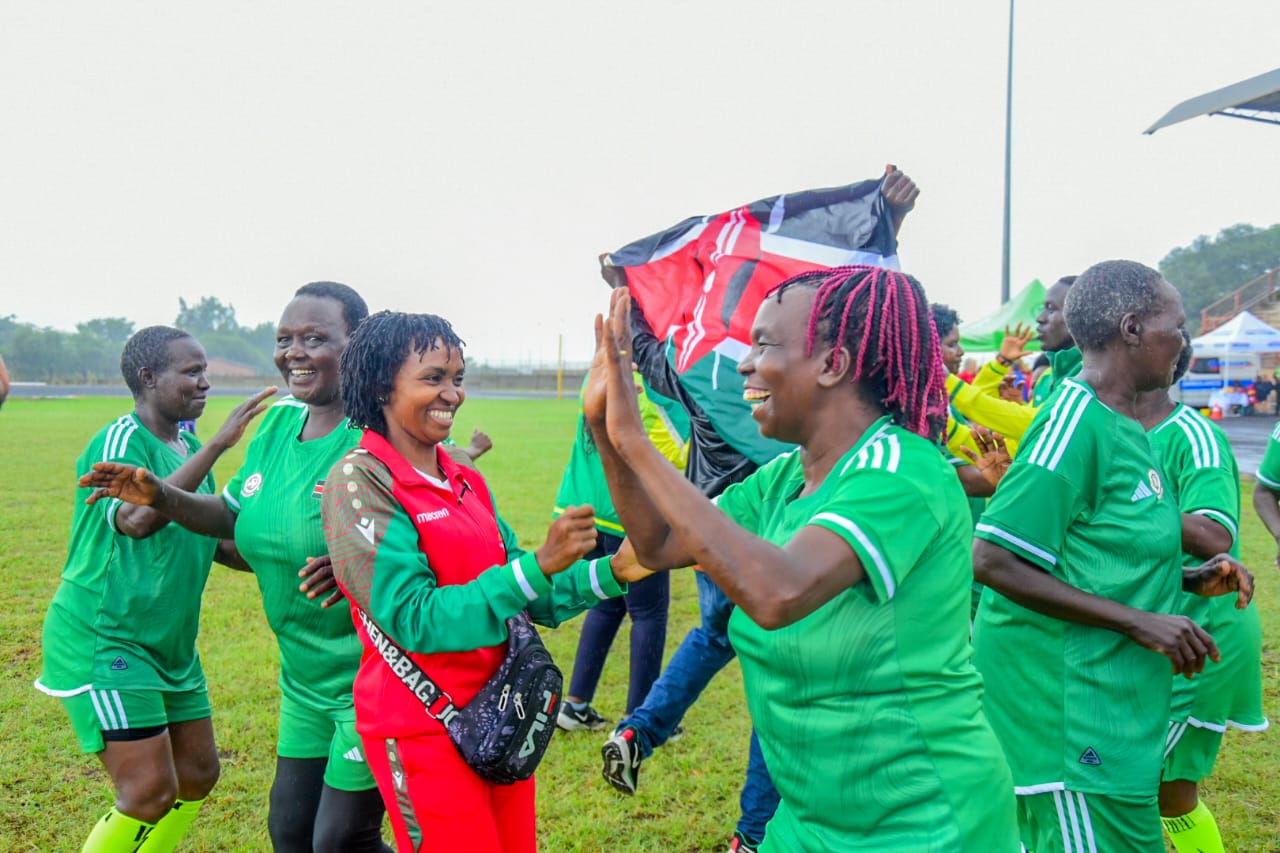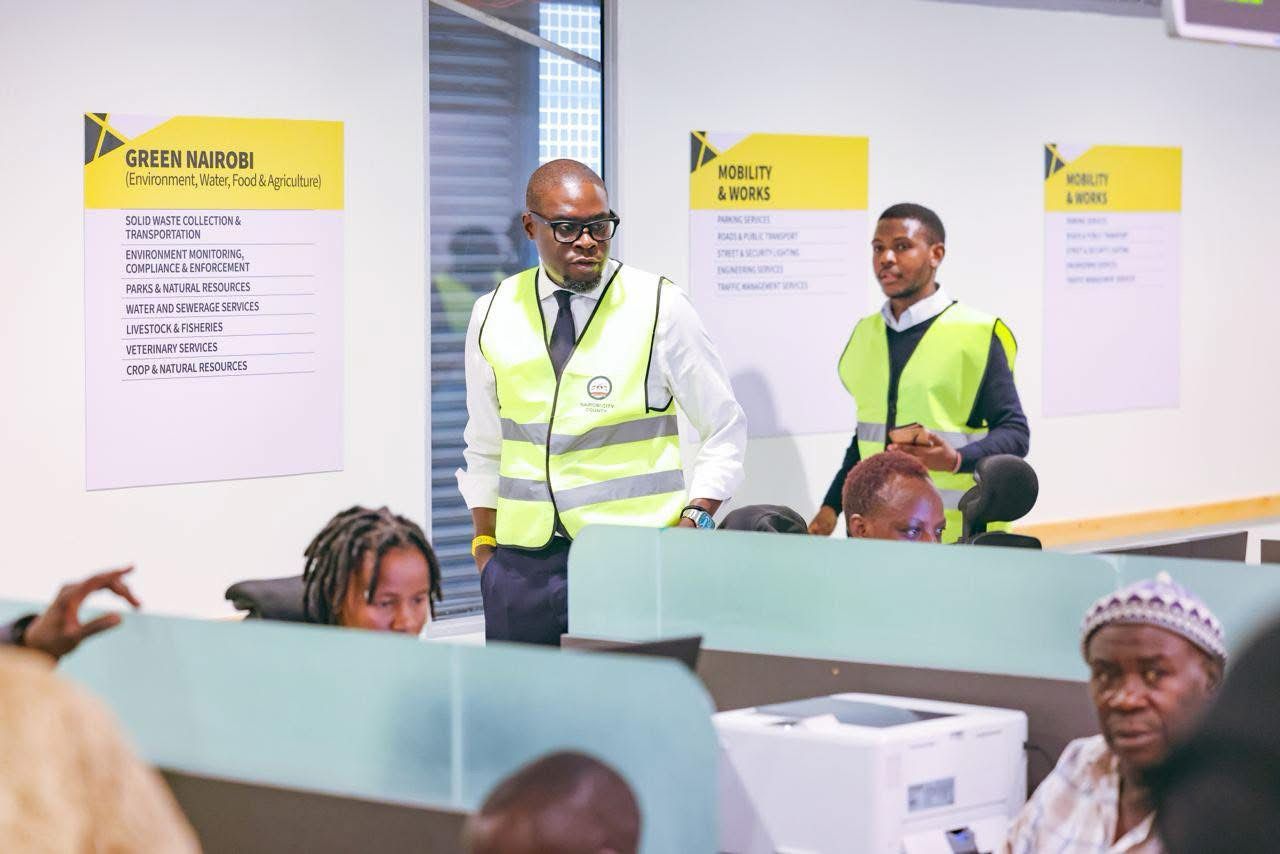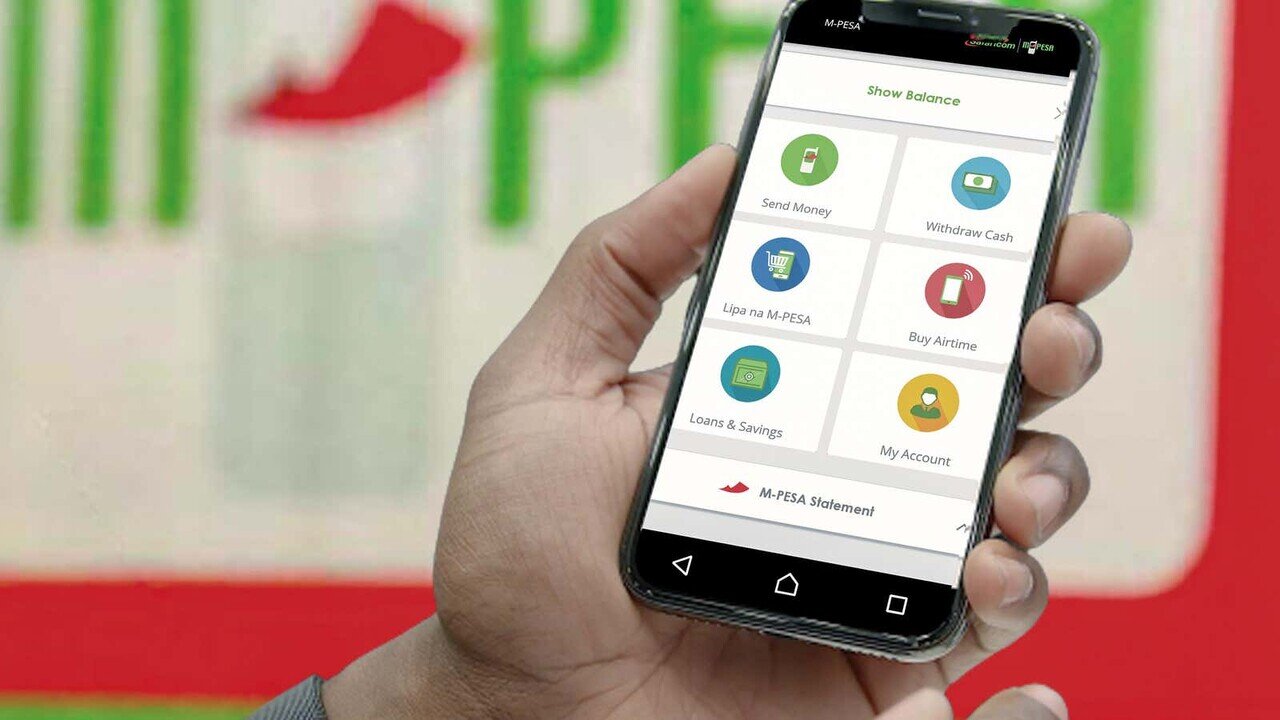As the world marks International Health Day, a survey on menstrual hygiene products by global women’s rights organization Nguvu Collective has revealed critical accessibility gaps that expose women and girls to risks of exploitation and sexual abuse.
The report titled ‘Echoing Voices from the Grassroots on Dignified Period for All,’ involved 9500 women and girls from the grassroots, with 50 percent of the respondents being from rural parts of Kenya.
The study revealed the accessibility, affordability, and sufficiency gaps of menstrual products in 45 counties of Kenya as nearly half of the surveyed respondents reported that there was a lack of enough shops in their area selling menstrual products, highlighting a significant accessibility gap.
Alarmingly, one in three respondents reported having personally faced or been at risk of sexual harassment, exploitation, or abuse due to a lack of access to menstrual product.
This menstrual survey report sheds light on the harsh realities of period poverty, breaking the silence around access, affordability, and stigma.
“Every voice in this report is a call to action, demanding that menstrual equity, justice, and dignity be prioritized by our duty bearers,” stated Frida Karani who was one of the architects of this survey said.
The 5-month-long survey that was conducted from October 2024 to February 2025, was supported by the Kenya Women Parliamentary Association (KEWOPA) and more than 10 other local partners.
The survey also interviewed recipients of sanitary pads from the government’s Sanitary Towels Program over the sufficiency. 41 percent of them mentioned the supply was insufficient, 35 percent indicated they had not received pads through this program, and only 23.2 percent felt the supply was adequate.
“We urge the National Assembly to act on these findings. Passing the Provision of Sanitary Towels Bill is one strong step towards closing the period poverty gap and safeguarding the reproductive and mental health of women and girls across Kenya”, – said Preethi Herman, the CEO of Nguvu Collective.
“In 2022, the Auditor General’s report on the Provision of Sanitary Towels to Girls in Public Primary Schools highlighted inefficiencies in distribution. This research, conducted with the support of KEWOPA and grassroots partners, confirms that quality, affordability, and sufficiency are major concerns. The findings highlight the harsh reality that when menstrual products are out of reach, the dignity and safety of women and girls are compromised. We cannot continue failing our girls; that’s why KEWOPA proudly stands with Change Leaders and the Nguvu Collective in pushing for policies that will prioritize dignity, access, and equity in menstrual health.” KEWOPA Chairperson and Kajiado MP, Hon. Leah Sankaire.
Nguvu Collective plans to present these findings and recommendations to key stakeholders, including nominated Senator Gloria Orwoba, sponsor of the Provision of Sanitary Towels Bill, 2024, in Parliament.
They will also engage with the Kenya Women Parliamentary Association (KEWOPA), the Ministry of Health and the Ministry of Gender, Culture, the Arts, and Heritage to discuss collaborative efforts and policy interventions that ensure the provision of free, quality, and sufficient sanitary towels in public institutions and correctional facilities.


